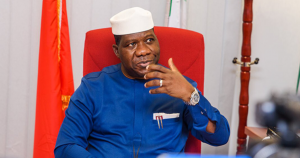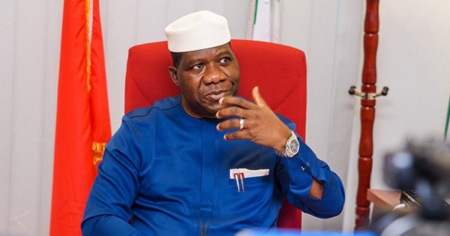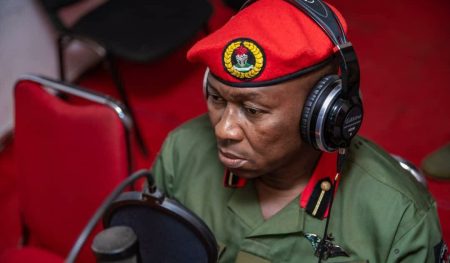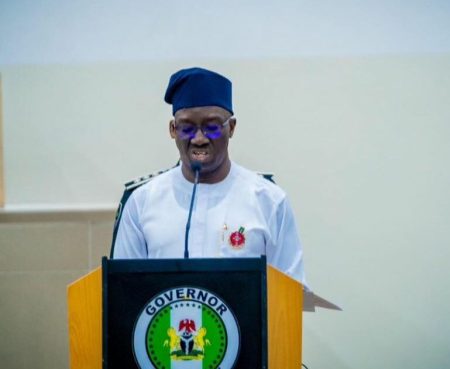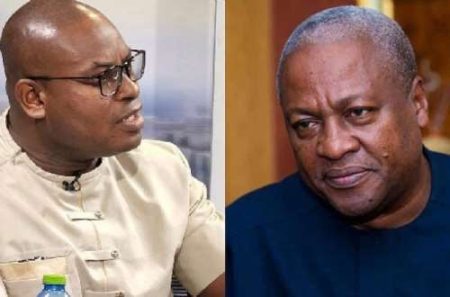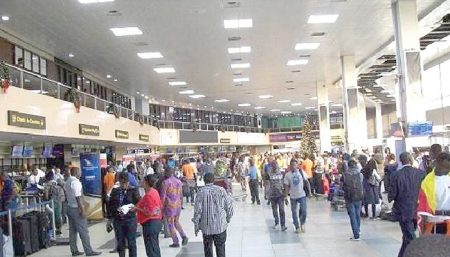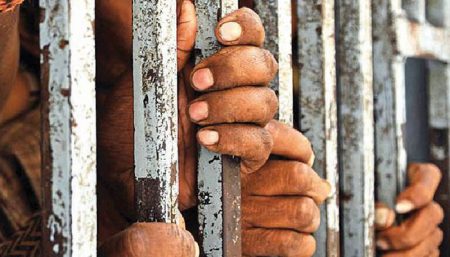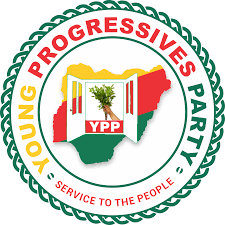The Echoes of 2013: A New Coalition Emerges to Challenge Tinubu’s Presidency
Nigeria’s political landscape is witnessing a déjà vu moment, reminiscent of 2013 when a coalition of opposition forces united to challenge the then-incumbent President Goodluck Jonathan. Fueled by widespread public discontent over economic mismanagement, escalating insecurity, and perceived political missteps, a new alliance is taking shape, spearheaded by prominent figures like former Vice President Atiku Abubakar and Labour Party’s Peter Obi, aiming to unseat President Bola Tinubu in the 2027 elections. This nascent coalition seeks to capitalize on the prevailing national mood, drawing parallels to the successful alliance that brought Tinubu himself to power a decade ago.
A Coalition Forged in Opposition, Yet Lacking a Unified Vision
While the coalition has garnered initial momentum by attracting prominent political figures like former governors, senators, and other heavyweights, concerns remain about its cohesion and long-term viability. Critics argue that the alliance is primarily defined by its shared opposition to Tinubu rather than a cohesive ideological framework or a clear policy agenda. The absence of a unifying vision beyond ousting the incumbent raises questions about the coalition’s ability to sustain its momentum and present a compelling alternative to the electorate. The alliance faces the challenge of transforming its shared grievances into a concrete political platform capable of resonating with a diverse Nigerian populace.
Leadership Dynamics and the Shadow of Personal Ambitions
The coalition’s leadership structure and power dynamics present another potential hurdle. Atiku Abubakar, a seasoned politician with multiple presidential bids under his belt, appears to be the driving force behind the alliance. However, his past political maneuverings and party affiliations have led some to question his ideological consistency and commitment to the coalition’s goals. Peter Obi, a relative newcomer to the national stage, brings a different dynamic with his appeal to younger voters and a reputation for fiscal prudence. The potential for internal power struggles and competing ambitions between these two leading figures, along with the unclear roles of other prominent allies, could undermine the coalition’s stability and effectiveness.
The Missing Piece: Engaging Established Opposition Parties
A significant difference between the current coalition and the successful 2013 alliance is the absence of formal participation from established opposition parties. While the 2013 coalition saw the merger of major opposition parties into the All Progressives Congress (APC), the current alliance has yet to secure the full backing of parties like the PDP and LP. Both parties have publicly distanced themselves from the coalition talks, citing internal priorities and concerns about the alliance’s direction. This lack of party support deprives the coalition of crucial organizational infrastructure, resources, and a readily available voter base, making the task of challenging the ruling APC significantly more difficult.
The Atiku Factor: A Blessing or a Burden?
Atiku Abubakar’s central role in the coalition is a double-edged sword. His experience and political network are valuable assets, but his history of party-hopping and multiple unsuccessful presidential bids raise questions about his credibility and electability. While supporters point to his persistence and experience, critics argue that he lacks the charisma and unifying appeal of a figure like Muhammadu Buhari, who played a pivotal role in the 2013 coalition’s success. Furthermore, Atiku’s previous electoral defeats, including his loss to Tinubu in 2023, raise doubts about his ability to galvanize the electorate and present a credible challenge to the incumbent.
The Road Ahead: Navigating Uncertainties and Building a Credible Alternative
The coalition faces a daunting task in its quest to unseat the ruling APC. Beyond addressing internal leadership dynamics and securing the support of established opposition parties, the alliance must articulate a clear and compelling vision for Nigeria’s future. This includes developing concrete policy proposals that address the socio-economic challenges facing the country and resonate with a diverse electorate. The coalition must also overcome public skepticism about its motives and demonstrate a genuine commitment to serving the interests of the Nigerian people, not just the ambitions of its individual leaders. The success of this nascent coalition will hinge on its ability to transform its shared opposition to Tinubu into a cohesive political force capable of offering a credible alternative and inspiring the confidence of the Nigerian electorate.




